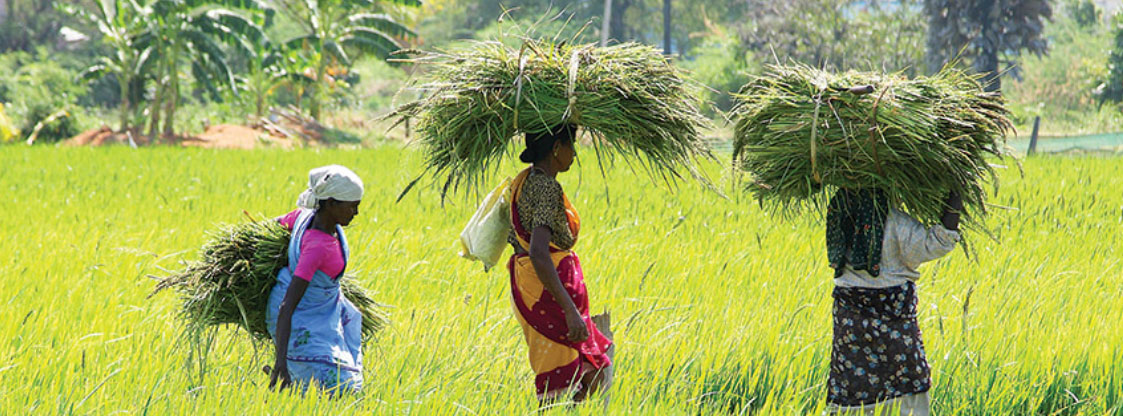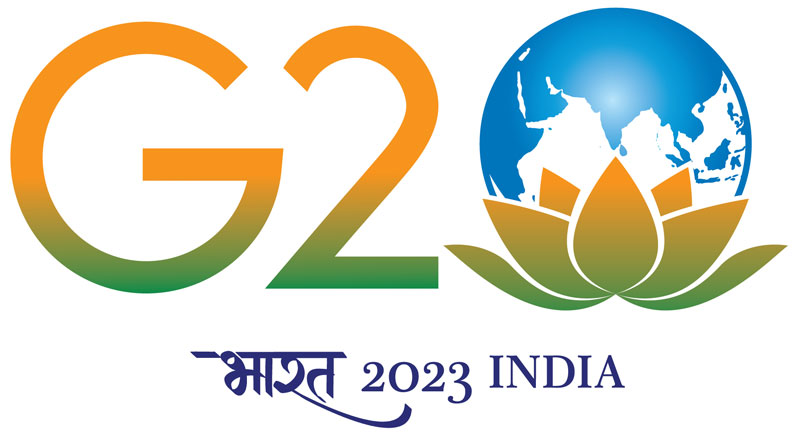Access to Rights & Entitlement
Ecopayz: Vezměte si kontrolu nad svými vklady v 2023!
V dnešní době je elektronické bankovnictví stále populárnější a jedním z nejlepších způsobů, jak spravovat své finanční transakce online, je pomocí elektronické peněženky. Jednou z nejvíce respektovaných a spolehlivých elektronických peněženek na trhu je Ecopayz.
Jak funguje Ecopayz?
Ecopayz je online platební metoda, která umožňuje uživatelům rychle a bezpečně provádět finanční transakce přes internet. Jednou z hlavních výhod Ecopayz je, že uživatelé mohou mít plnou kontrolu nad svými vklady a výběry prostřednictvím jednoho účtu.
Pomocí Ecopayz můžete jednoduše převádět peníze mezi svým bankovním účtem a online kasinem. Tato elektronická peněženka je přijímána ve stovkách online kasin po celém světě, což z ní dělá ideální volbu pro hráče, kteří hledají snadný a bezpečný způsob vkladů a výběrů.
S využitím Ecopayz můžete také omezit riziko zneužití vašich bankovních informací, protože při provádění transakcí neposkytujete přímo vaše bankovní údaje. To znamená, že vaše finanční informace zůstávají v bezpečí a můžete se soustředit na své hry a výhry.
Výhody používání Ecopayz
Ecopayz nabízí několik výhod, které ji činí atraktivní volbou pro uživatele. Zde je několik klíčových výhod Ecopayz:
- Bezpečnost: Ecopayz je vysoce bezpečná platební metoda, která používá nejmodernější technologie a šifrování dat, aby zajistila bezpečnost vašich finančních transakcí.
- Rychlost: S Ecopayz můžete provádět okamžité vklady a výběry, což znamená, že nemusíte čekat dlouho na zpracování plateb.
- Flexibilita: Ecopayz podporuje různé měny a umožňuje vám provádět transakce po celém světě. To je výhodné pro hráče, kteří hrají v zahraničních online kasinech.
- Bonusy a odměny: Některá online kasina nabízejí speciální bonusy a odměny pro hráče, kteří používají Ecopayz jako platební metodu. To znamená, že můžete získat další výhody při používání této elektronické peněženky.
Proč si vybrat Ecopayz?
Argumentovali jsme, že Ecopayz je jednou z nejlepších elektronických peněženek na trhu, ale proč byste si ji měli vybrat? Hlavní důvody jsou:
- Spolehlivost: Ecopayz je prověřená a důvěryhodná společnost, která má dlouholetou zkušenost v poskytování bezpečných platebních řešení.
- Jednoduché použití: Ecopayz má uživatelsky přívětivé rozhraní, které je snadné používat a rychle se s ním seznámíte.
- Podpora zákazníků: Ecopayz poskytuje kvalitní zákaznickou podporu prostřednictvím telefonu, e-mailu a online chatu, takže v případě potřeby můžete snadno kontaktovat jejich tým.
- Široká akceptace: Ecopayz je přijímána ve velkém množství online kasin, což znamená, že máte široký výběr her a možností pro své online zábavy.
Závěrem je Ecopayz skvělou volbou pro ty, kteří chtějí mít kontrolu nad svými vklady a výběry v online kasinech. Bezpečnost, rychlost a flexibilita jsou jen některé z výhod, které Ecopayz nabízí. Pokud hledáte spolehlivou a snadno použitelnou elektronickou peněženku, Ecopayz je pro vás tou správnou volbou.
The main objective of the program is to increase the reach of government welfare schemes and to address challenges in sectors such as education, health, nutrition and innovation in tribal areas, in order to ensure an integrated and focused approach to the socio-economic development of the Scheduled Tribes population in a coordinated and planned manner. Keeping in mind our core competence in the field of CSO facilitation and screening, MoTA has appointed BRLF to carry out a rigorous screening process for shortlisting proposals from different parts of the country on various themes such as education, health and innovation.
700,685
Households benefited through other Government Social Security Schemes
42,487
Households covered in NTFP-based Livelihood
14,886
Households benefitted under the Forest Rights Act
Agriculture Improvement
BRLF promotes the No-Pesticide Management (NPM) approach to agriculture as a way forward. The idea of the NPM movement is to encourage farmers to grow crops without any chemical pesticides, create an identity for their produce and link these small producers to markets. NPM agriculture emphasises building up soil fertility through appropriate management practices (such as composting and recycling of agricultural residues, use of farm yard manure, cattle urine, green manuring crops, and application of tank silt) with a gradual phasing out of chemical fertilisers. In our agricultural program, we aim at promoting practices such as dry sowing, change in crop pattern, change in crop variety, Drip/ Sprinkler irrigation, Organic Mulching and System of Wheat/Rice Intensification among others.

778,207
Households covered under Agricultural Interventions
309,476
Total Irrigation Potential created
in Acres
175,285
Households practising Non-Pesticide Management based Agriculture
Capacity Building

With the Gram Panchayat becoming a major spender and implementer in flagship government programmes such as the MGNREGA, it is imperative that capacities at the grassroots are strengthened. Outlays do not translate themselves into outcomes at the grassroots without such capacities. BRLF focusses on building capacities at the grassroots through targeted training programs on different aspects of livelihoods with the vision of preparing the local resource person to lead and guide the future development process there.
1,079,501
Community members trained
871,164
Female members trained
9,918
Community Resource Persons (CRPs) created
Land & Water Resource Development
Being a typical dryland region, rainfall in the Central Indian Tribal Belt is low, highly erratic and characterised by long dry spells between rainy days. With Natural Resource Management (NRM) assuming a pivotal role, our interventions have also been aimed at addressing short term problems such as providing crucial “life-saving” protective irrigation during the dry spells in the Kharif season and ensuring drinking water security for all households throughout the year. Our work on this theme aims to build climate resilience by leveraging resources from state programmes such as the MGNREGA, building wáter harvesting structures, carrying out works for control of soil erosión and conservation of in-situ moisture.
The Research and Knowledge Vertical of BRLF received grant support from the Statistics and Documents Division of the MoTA to conduct an evaluation study of the scheme. Under this grant, we will explore the processes of the scheme and its impact on the state, VOs/NGOs and community capacities for addressing the health and educational needs of the Scheduled Tribes.
BRLF achieves its key outcomes through strategic engagement with CSOs. We engage actively with CSOs to reduce gaps in program outlays and outcomes through strengthening of democratic institutions of governance at the grassroots, improving quality of implementation of programmes, and scaling up successful models of interventions.
CSOs often struggle to find sufficient and long-term support for significant budget components like HR and operations which directly influence the efficiency and impact the quality of livelihood interventions. Our grant support and capacity building initiatives are geared to help them find opportunities to scale and integrate with large-scale government interventions.
BRLF also enables institutional partnerships between CSOs and state governments to help them leverage programmatic resources available for national and state level programmes and schemes for rural development and livelihoods.
As of March 2021, BRLF has committed R. 113.39 Cr (USD) toward CSO grants. Partners have leveraged a cumulative total of INR.2035.01 Cr. (USD) from government schemes and raised co-finance of R. 354.75 Cr (USD) from multiple donors.
501,559
Households covered under land and water resource conservation
11,44,877
Area covered under land and water resource conservation (in Acres)
63,745
Area under Plantation(in Ha)
Livestock
Diversification of livelihoods is a major protection against climate change as it offers resilience, as compared to putting all eggs in one basket. Diversification should embrace the whole gamut of livelihood options in tribal central India, instead of stopping at just the cropping systems. High incidences of disease and high mortality remain to be the major constraints to the livestock production systems. BRLF works to promote livestock based livelihoods, as it is an essential component and livestock act as assets contributing liquid income substantially to the current ways of living and growth of a household.
Households in livestock-based livelihood
362,839
Households covered under Backyard Poultry (BYP), Goat Rearing, Piggery, and Pisciculture
369,961
Households covered under Vet-care services
44,841
SHG and Micro Enterprises #Inclusion
BRLF facilitates and supports the creation of Farmer Producer Organisations (FPOs) and women-led institutions which lead all development efforts in their specific geographies while our partners work to create these institutions, strengthen them and build their capacities.
The Research and Knowledge Vertical of BRLF received grant support from the Statistics and Documents Division of the MoTA to conduct an evaluation study of the scheme. Under this grant, we will explore the processes of the scheme and its impact on the state, VOs/NGOs and community capacities for addressing the health and educational needs of the Scheduled Tribes.
BRLF achieves its key outcomes through strategic engagement with CSOs. We engage actively with CSOs to reduce gaps in program outlays and outcomes through strengthening of democratic institutions of governance at the grassroots, improving quality of implementation of programmes, and scaling up successful models of interventions.
CSOs often struggle to find sufficient and long-term support for significant budget components like HR and operations which directly influence the efficiency and impact the quality of livelihood interventions. Our grant support and capacity building initiatives are geared to help them find opportunities to scale and integrate with large-scale government interventions.
BRLF also enables institutional partnerships between CSOs and state governments to help them leverage programmatic resources available for national and state level programmes and schemes for rural development and livelihoods.
As of March 2021, BRLF has committed R. 113.39 Cr (USD) toward CSO grants. Partners have leveraged a cumulative total of INR.2035.01 Cr. (USD) from government schemes and raised co-finance of R. 354.75 Cr (USD) from multiple donors.
2,411
Number of Producer Groups formed
1,071
Number of Agriculture Production Clusters developed
1,19,086
Number of Shareholders under Farmer Producer Companies (FPCs)
States - Number of Districts - Programmes active in these states
West Bengal
Jharkhand
Odisha
Chhattisgarh
Telangana
Maharashtra
Gujarat
Madhya Pradesh
Rajasthan

